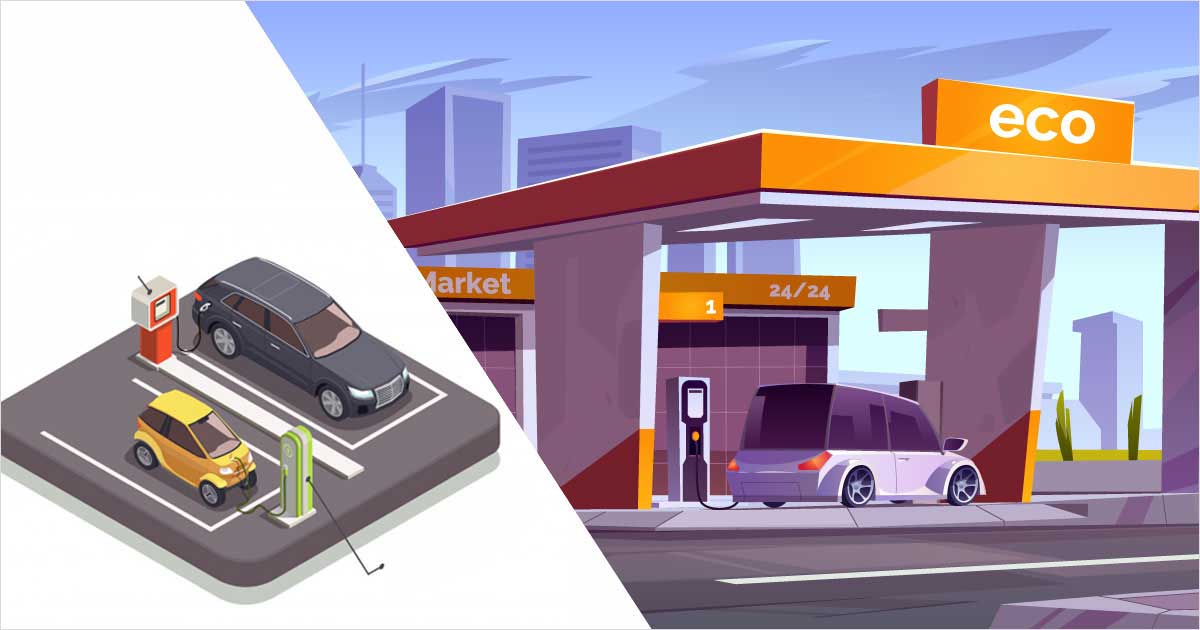FET Blogs





India is being charged with being a major hotspot for electric mobility. Electricity is a domestic resource that can turn the transport market through the usage of electricity grid networks. Technology exists to help mobility applications that transfer both people and goods using electricity as a power. When cities and neighborhoods explore smart, affordable transportation options, electric transport is becoming a central component. This latest wave of electric transport would help the country reach an age of sustainable transport. It would minimize emissions and reduce dependency on imported fossil fuels. The economy would flourish, providing a dynamic range of entrepreneurship prospects and rising specialized skills and employment. India is in a unique place to harness electric mobility by leveraging the historic transformation of personal mobility and seeking alignment with strategic imperatives for energy stability, green development and urban decongestion. Electric mobility holds an immense potential for India. However, this shift to e-mobility is a traditional "poor idea" issue where there are multiple players and a great deal of uncertainty in the e-mobility arena.
In the New Budget, Karnataka Emphasizes On Electric Mobility
In a current Government budget statement, “Karnataka Chief Minister BS Yediyurappa” declared a total of Rs 100 million (~ $13.56 million) will be dedicated to the development of a state-owned electric vehicle and energy storage cluster. As a result, “Karnataka” has been the leading nation towards electrical car and energy stowage strategy in the country. The strategy would be established in the 5th step of the “Karnataka Industrial Land Development Board (KIADB)” manufacturing zone in “Harohalli, Ramanagara District”.
Throughout the appearance of the budget for 2020-21 at the “State Assembly”, the Chief Minister announced that, under the FAME India-II (Faster Adoption and Manufacturing of Electric Vehicles in India) scheme, 300 cooled electrical busses were introduced to the “Bengaluru Metropolitan Transport Corporation fleet (BMTC)”.
On parallel lines, the state government is offering a grant of Rs. 1 billion (~ $13.56 million) to introduce 500 ordinary electric busses to the corporation's fleet. Last year, Bangalore Electricity Supply Company (BESCOM) announced a proposal to set up 678 charging stations for electric vehicles throughout Karnataka. BESCOM proposed to set up charging stations for a distance of 50 km on either side of the road along the Bangalore-Tumkur highway every 20-25 km and a distance of 100 km along the Bangalore-Mysore highway. Many of the charging stations will be set up in the grounds of government buildings. Karnataka was one of the first Indian states to launch a clear EV policy. The FAME software was revealed in January 2018. In order to boost last mile connectivity in public transport in Bengaluru, the budget also recommended the introduction of the "Electric Bike Taxi" scheme.